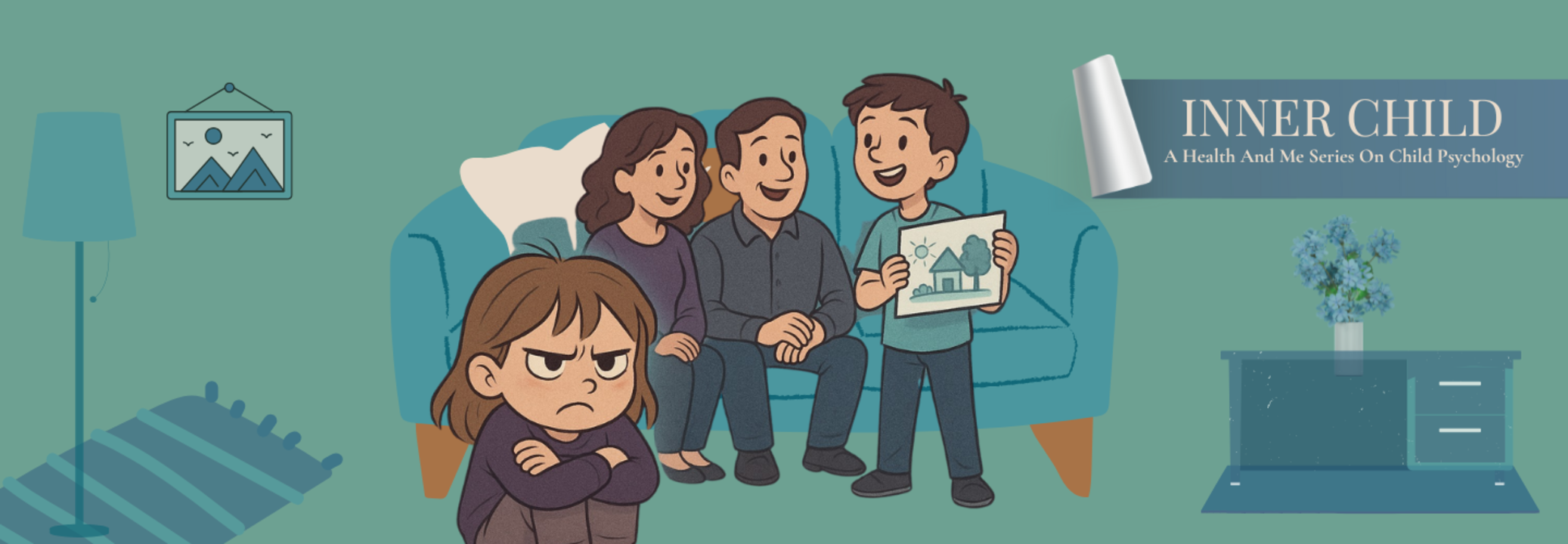Inner Child: Why Youngest Siblings Are Often Brushed Off As Defiant When All They Want Is to Be Heard

Credits: Canva and AI-generated
Summary A look at how younger siblings are often misunderstood, seen as defiant, and dismissed due to their age, while struggling with being unheard, invalidated, and pressured in family dynamics.
End of Article
